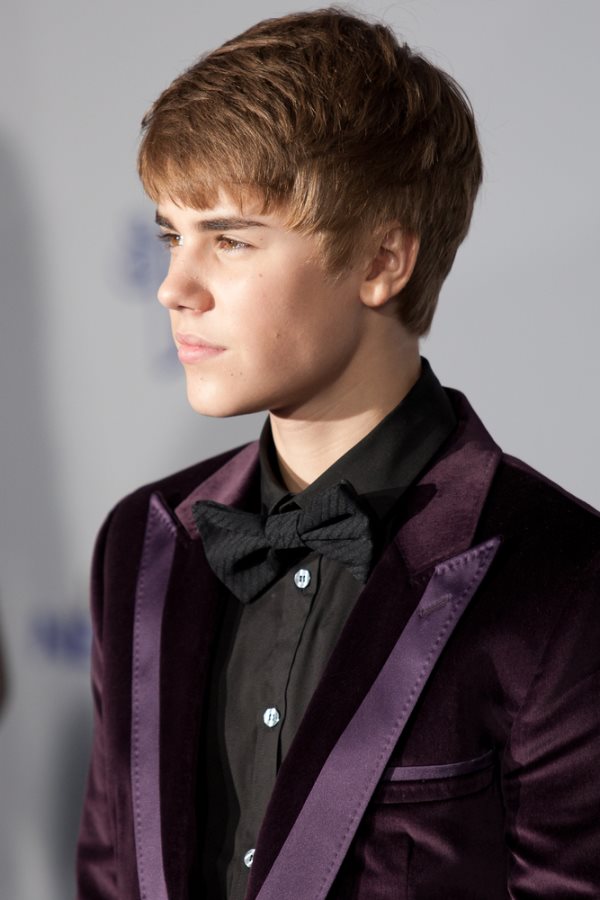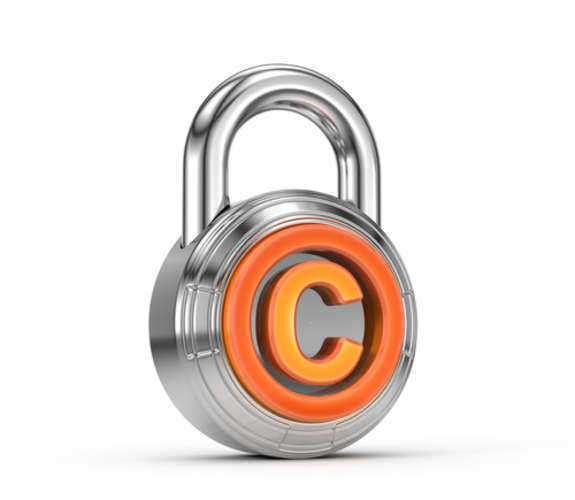
Justin Bieber’s Attempt to Silence Parody Website Causes Stir
Pop superstar Justin Bieber is making headlines again, and this time, it’s not because of his music or personal life. The Canadian singer is in the middle of a heated legal battle to shut down a parody website that pokes fun at him, claiming that it violates his intellectual property rights. The move has caused a stir online, with many questioning whether Bieber is overreacting. Let’s take a closer look at the issue.
What is the Parody Website?
The parody website in question is called “Justina Bieber,” and it features a caricature of Bieber with exaggerated feminine features, poking fun at his androgynous appearance. It also features fake news stories and articles that satirize the singer’s personal life and career. The site has been up for several months and has garnered a following of fans who appreciate its humor.
Why is Justin Bieber Trying to Shut it Down?
According to Bieber’s legal team, the parody website infringes on his intellectual property rights by using his name, likeness, and trademarks without his permission. They argue that the website is causing confusion among fans, who might mistake it for an official Justin Bieber website, and that it damages Bieber’s reputation by portraying him in a negative light. They also claim that the website is making money off of Bieber’s name and fame, which is a violation of his rights.
What Does the Law Say?
The legal issue at the heart of the case is whether the parody website constitutes fair use under copyright law. Fair use is a legal doctrine that allows for the limited use of copyrighted material without permission, for purposes such as criticism, commentary, and parody. Courts have generally ruled that parody is protected under fair use, as long as it is not used in a way that creates confusion or dilutes the value of the original work.
What are the Implications of the Case?
The case has implications not just for Bieber and his parody website but for the entire world of online parody and satire. If Bieber succeeds in shutting down the website, it could set a precedent for other celebrities to take legal action against similar websites and social media accounts that poke fun at them. It could also have a chilling effect on the freedom of speech and artistic expression online, as creators may be hesitant to create parody content for fear of legal action.
On the other hand, if the parody website wins the case, it could establish a stronger legal framework for online parody and satire, giving creators more freedom to express themselves and critique public figures without fear of legal consequences. It could also send a message to celebrities that parody is a form of flattery and that it’s better to embrace it than fight against it.
In conclusion, Justin Bieber’s attempt to shut down the parody website is a complex legal issue that raises questions about the balance between intellectual property rights and artistic expression. Whatever the outcome of the case, it’s clear that the world of online parody and satire continues to evolve and challenge our assumptions about free speech and creativity in the digital age.
A parody website created in opposition to the U.S. Senate’s proposed “Commercial Felony Streaming Act” is now facing legal threats from the legal team of Canadian pop star Justin Bieber. The site, FreeBieber.org, was created by the Electronic Frontier Foundation and points out that the CFSA ironically should put Bieber behind bars—the pop star became famous through several YouTube postings where he sang popular copyrighted songs. Introduced in May by Senator Amy Klobuchar (D-MN), Christopher Coons (D-DE) and John Corryn (R-TX) the bill would view “public performing” of a copyrighted work as a felony offense punishable by a maximum of five years in prison. Bieber’s legal team has issued a cease and desist letter to the site’s owners, claiming the site violates Bieber’s publicity and intellectual property rights. In response, the EEF claims the site is protected by the fair use doctrine because all images and videos on the site have been manipulated—a user simply cannot believe that Bieber would endorse the site and the content in no way infringes on the star’s market for his image.








